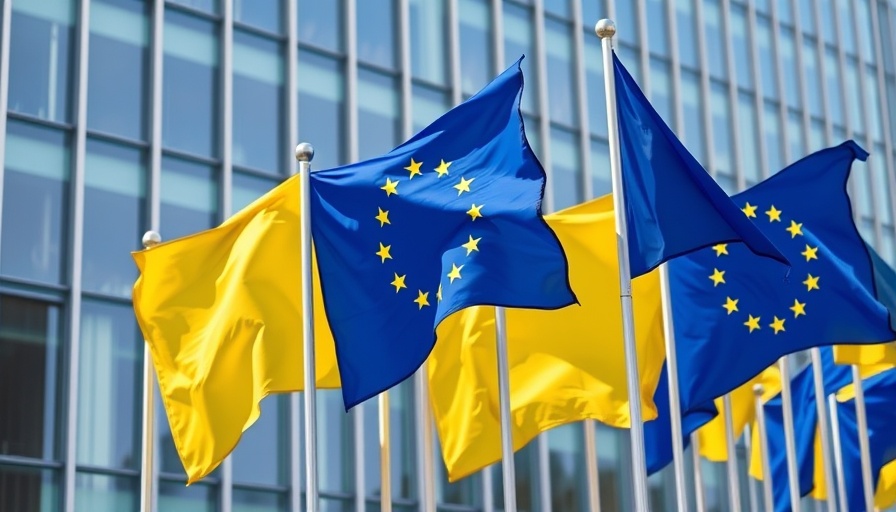
European Dependence on U.S. Technology: A Growing Concern
European leaders are increasingly expressing their worries about the heavy reliance on American technology firms. This concern has gained traction following recent geopolitical tensions, especially after the Trump administration imposed sanctions that disrupted communication for international organizations like the International Criminal Court (ICC).
Triggers for Change in Tech Dependency
The decisive moment that sparked this reevaluation was the shutdown of ICC prosecutor Karim Khan's email by Microsoft, a response to U.S. sanctions. This incident served as a 'smoking gun,' as former Microsoft diplomat Casper Klynge stated, pushing many European officials to consider alternatives to U.S. tech solutions. With fears that American companies could be compelled to comply with U.S. government requests, European nations are weighing the risks of outsourcing their digital infrastructure to American firms.
Shifting Towards Alternatives
Microsoft has publicly claimed it is taking steps to address these concerns, announcing new “sovereign solutions” aimed at safeguarding European institutions. Nonetheless, this situation has opened the door for other providers, like Swiss email service Proton, whose use has reportedly surged among ICC personnel looking for more secure and independent options.
Future Implications for Global Tech Dynamics
This development points to a shift in global technology dynamics where European leaders might look to bolster their tech sovereignty. The implications are significant—if European countries successfully establish alternative tech solutions, it could reduce the United States' dominance in this crucial sector.
As geopolitical tensions continue to evolve, so too will the tech landscape. Keeping an eye on how these European strategies unfold will be essential for understanding the future of global tech dependencies.
 Add Row
Add Row  Add
Add 




Write A Comment